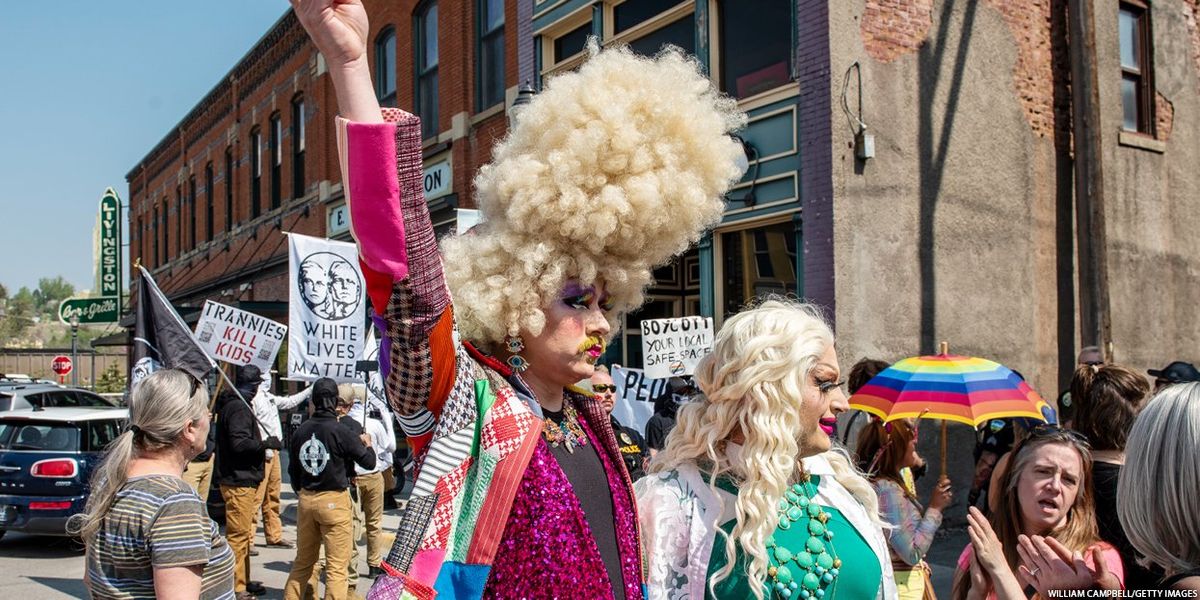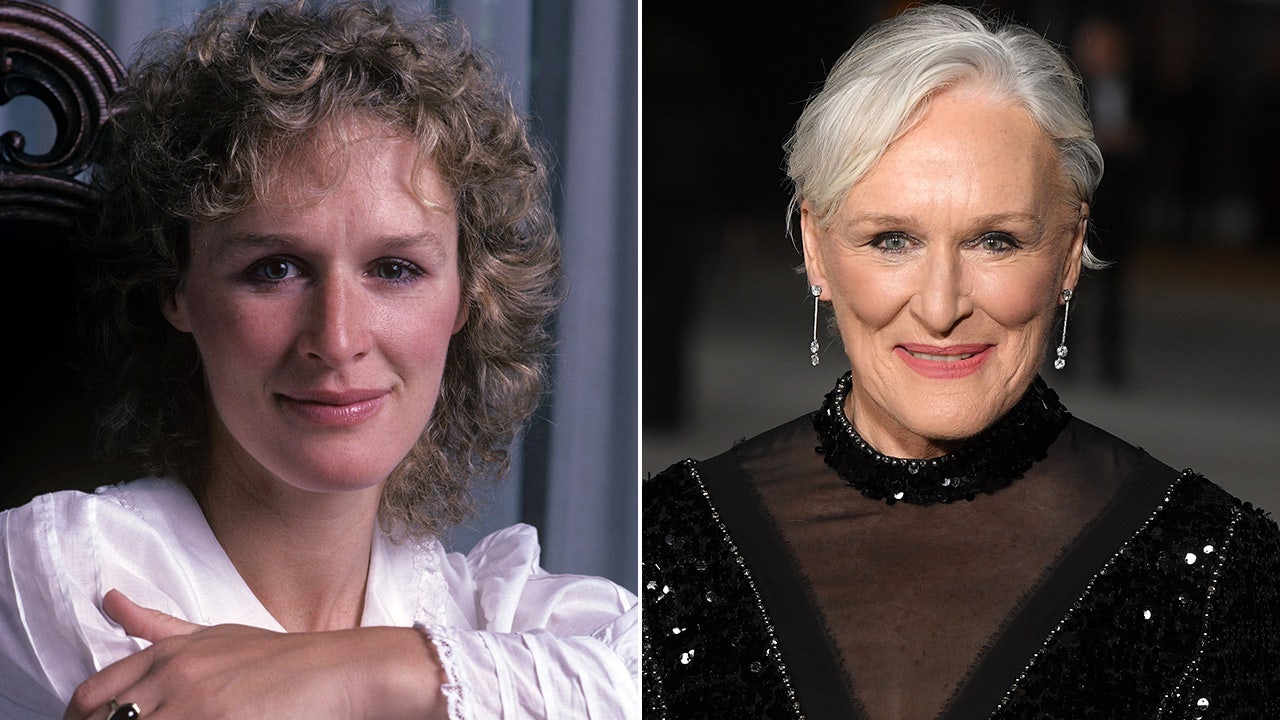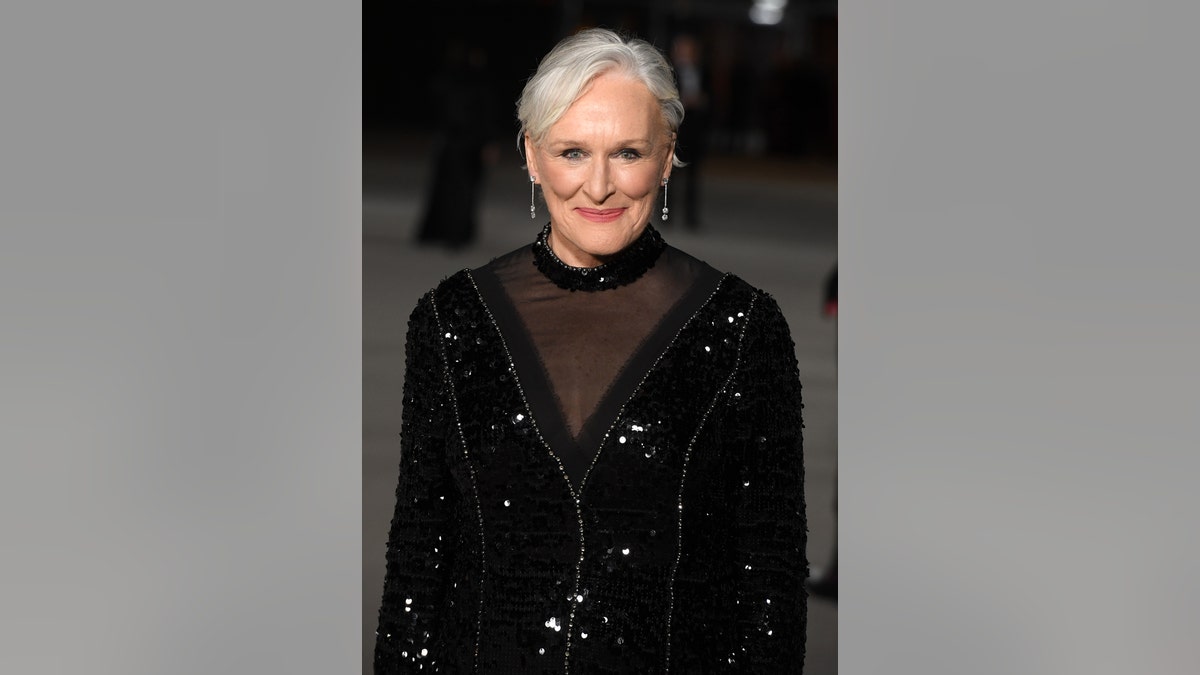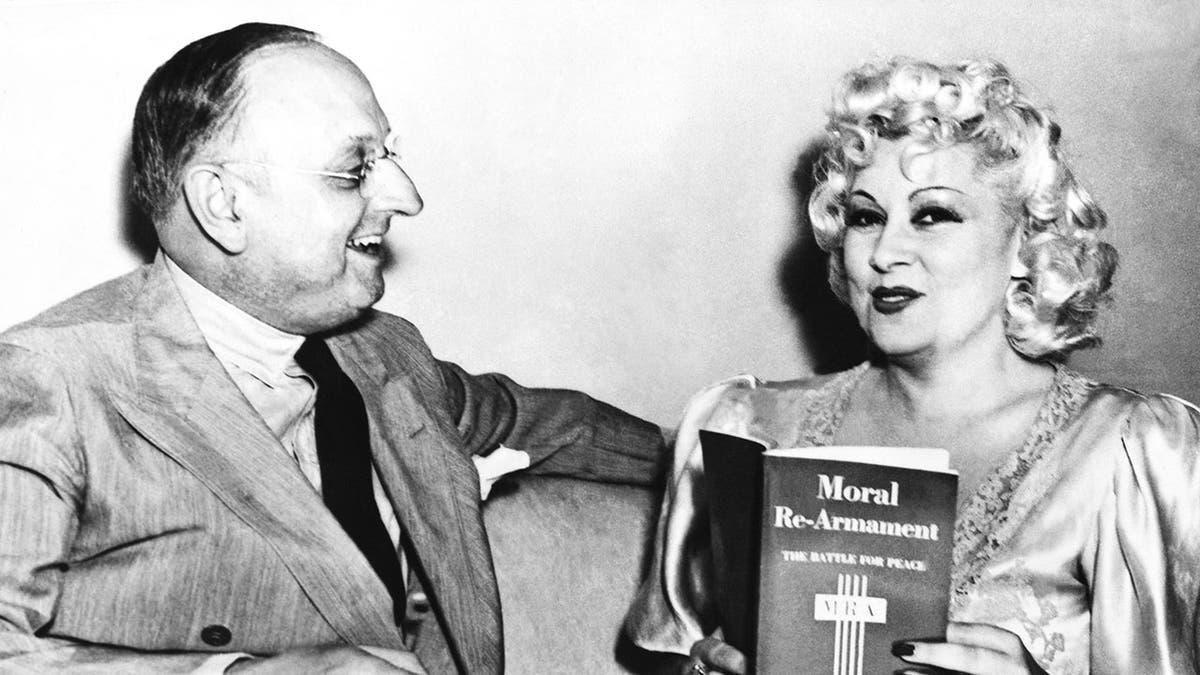Award-winning actress Glenn Close has traded the glitz and glam of New York City for a ‘modest’ Montana home.
The ‘Back in Action’ star, 77, shared she moved out West in 2019 to be closer to her family.
‘Today, my home is in Bozeman, Montana. All of my siblings live here. My modest, 1892 brick house has a porch where I can see the mountains and say hi to neighbors,’ Close told The Wall Street Journal.
Her three-bedroom, three-bathroom, 2,316 square-foot home is just steps from downtown.
The humble abode features several brick walls, an open floor plan, a sunny backyard, a kitchen with stainless steel appliances and an island.
Close revealed she is expanding her Bozeman real estate portfolio with a new property.
‘I’m building a larger house about a half-hour outside of town. It’s going to be my Zen farmhouse and our family sanctuary,’ she said.
‘In the back will be a stone cottage, reminding me of the best years of my childhood.’
Glenn Close’s Montana three-bedroom, three-bathroom, 2,316-square-foot home is just steps away from downtown Bozeman

The humble abode features several brick walls, an open floor plan, a sunny backyard, a kitchen with stainless steel appliances and an island

Award-winning actress Glenn Close has traded the glitz and glam of New York City for a ‘modest’ Montana home
Close left the Big Apple for Big Sky Country a full year before the coronavirus pandemic prompted thousands of Americans to reevaluate their living situations.
‘I shot a film in Canada during the winter. It was fun and lovely, but I was homesick, and I never used to get homesick,’ she told Mountain Outlaw in 2021.
‘Not only is Bozeman my home, but I couldn’t wait to get back here. When I left to go to that job, Jessie and Tina [her sisters] were there to see me off at the airport. It was so great. I’ve come to realize how much I dread going away.’
The Hollywood legend wanted to reconnect with her roots and get in touch with nature.
‘When I was little, I got solace in nature, and that has never changed,’ Close said. ‘I always tried to create that same potential for my family, especially now to come back here and be with my siblings and have a piece of land outside of town that will always be here for my daughter and her children.
‘That’s my legacy. I just feel incredibly lucky. I do think these will be the best years of my life.’
Close stars in the newly released Netflix film ‘Back in Action,’ alongside Cameron Diaz and Jamie Foxx.
The actress is set to star in Kim Kardashian and Ryan Murphy’s upcoming Hulu series All’s Fair.

Close left the Big Apple for Big Sky Country a full year before the coronavirus pandemic
She is part of a star-studded cast that includes Kim, Naomi Watts, Niecy Nash, Teyana Taylor and Sarah Paulson,
The show will follow Kim, playing a powerful Los Angeles-based attorney who runs a successful women-led law firm.
Last week, Close got candid about her love life and explained why she has refused to pursue a relationship in nearly a decade during an appearance on The Drew Barrymore Show.
When Drew asked the actress if she had entertained another relationship since her September 2015 split from the biotech engineer, Glenn bluntly replied ‘no.’
‘I don’t know. I mean, I’m always up for anything, but I’m very happy right now,’ the three-time Golden Globe Award winner added.
‘I’m not searching. Because I’m actually — I’m not a hugely comfortably social person, so I don’t leap to go to a party at all. So yeah, I’m okay.’
Close said she is embracing a life focused on personal fulfillment and professional success.































/cdn.vox-cdn.com/uploads/chorus_asset/file/23935558/acastro_STK103__01.jpg)
/cdn.vox-cdn.com/uploads/chorus_asset/file/25826211/lorealcellbioprint.jpg)
/cdn.vox-cdn.com/uploads/chorus_asset/file/25832751/2192581677.jpg)

/cdn.vox-cdn.com/uploads/chorus_asset/file/25835602/Switch_DonkeyKongCountryReturnsHD_scrn_19.png)

/cdn.vox-cdn.com/uploads/chorus_asset/file/24774110/STK156_Instagram_threads_1.jpg)